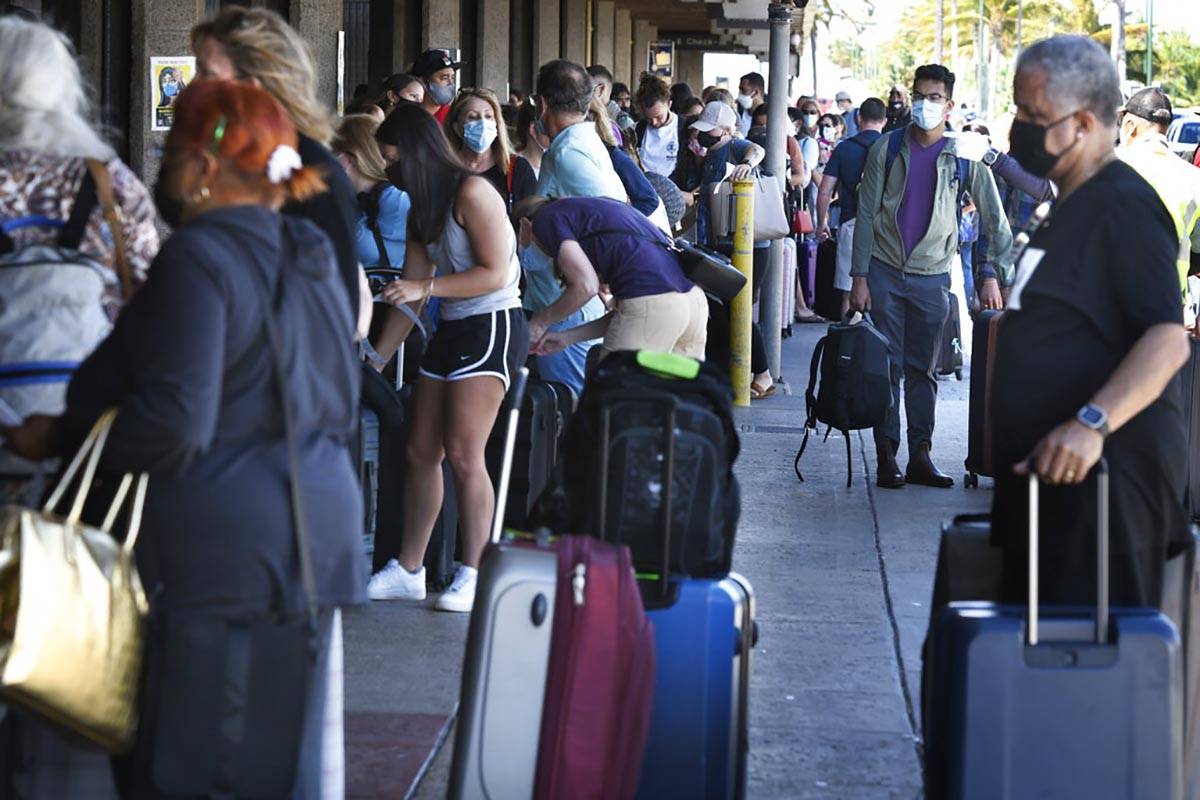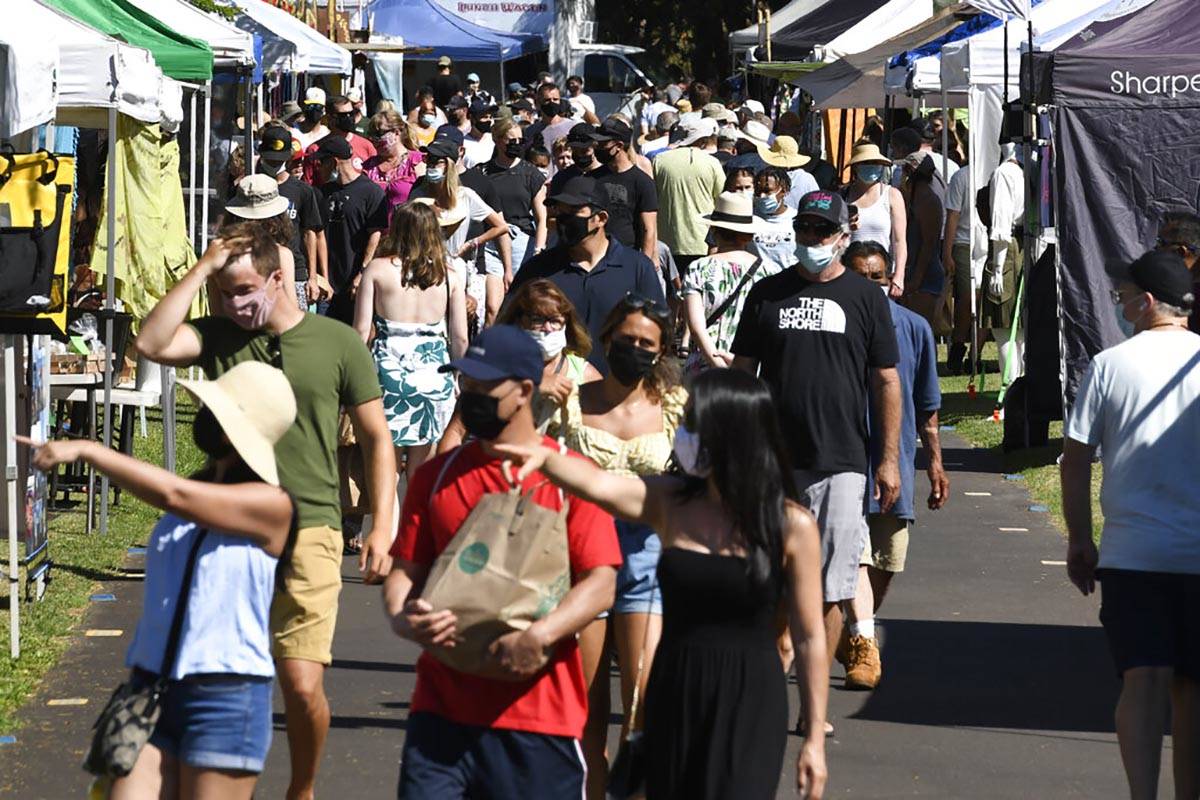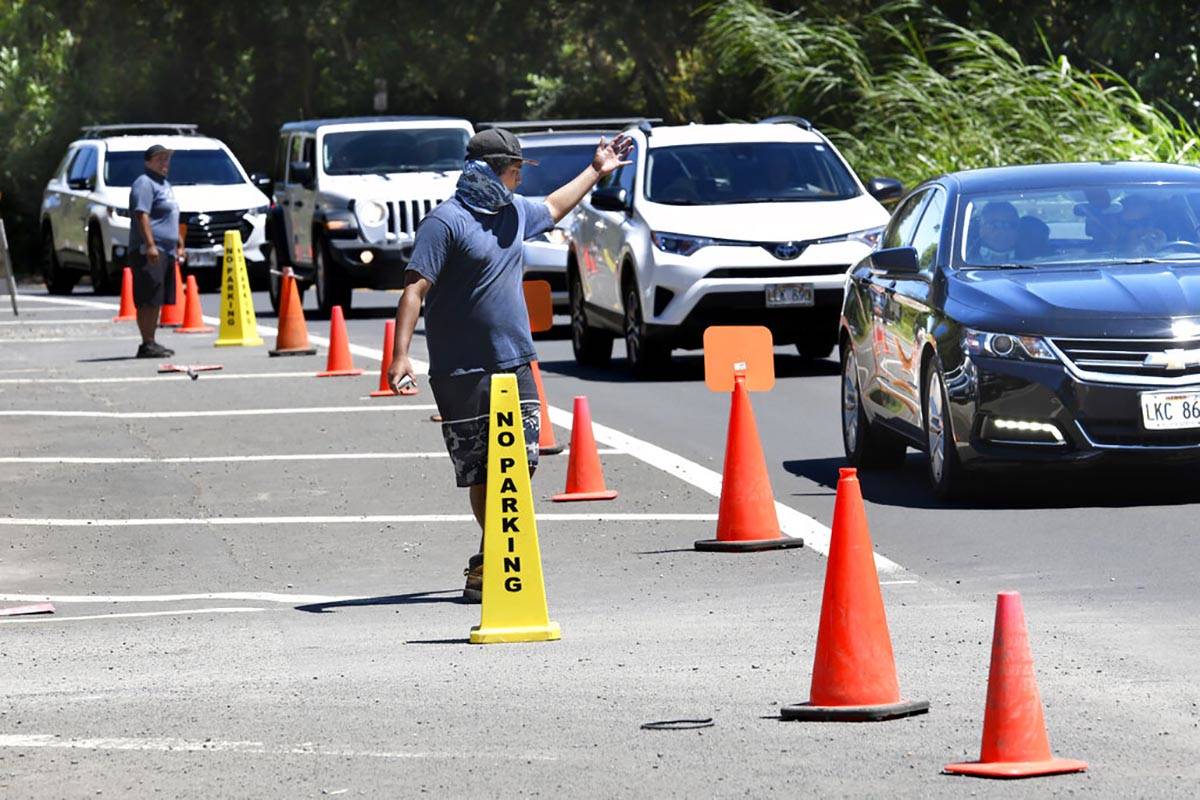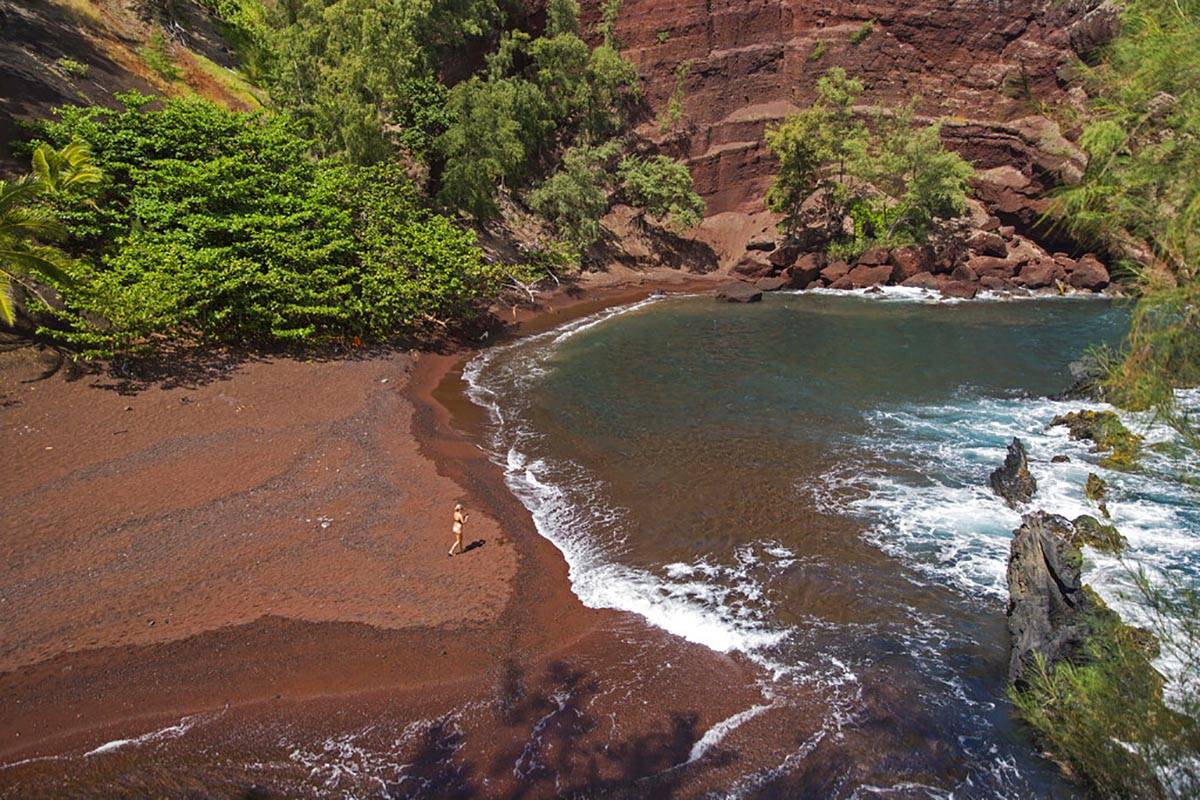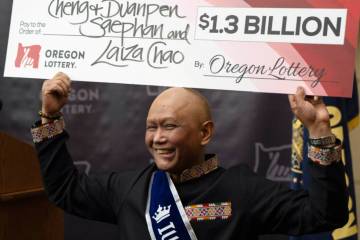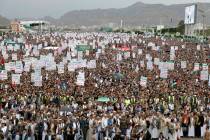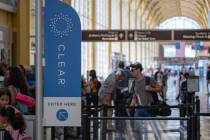As travel booms, Maui moves to implement new tax
KAHULUI, Hawaii — Officials on Maui are moving quickly to implement a new tax on tourists.
The move comes after state lawmakers overrode a veto by Hawaii Gov. David Ige this week.
Hawaii lawmakers overrode Ige’s veto of a bill that overhauls how the state funds the Hawaii Tourism Authority and allocates tourism tax revenue to the counties.
The new law allows Hawaii’s counties to collect a 3% tax from visitors staying at hotels and other short-term rentals.
Before the new law, the state collected a 10% hotel tax and distributed a share to each county. Now, the counties can levy their own surcharge to the tax and keep the money for local needs.
The bill would stop funding the tourism agency with money raised by the transient accommodations tax. Lawmakers intend to pay for the agency with money from the general fund, though for the current fiscal year they appropriated federal coronavirus relief funds.
“This will help tremendously,” said Maui County Council Chair Alice Lee.
Lee said that will bring Maui nearly triple the revenue, Hawaii News Now reported Thursday.
“Instead of $23 million, we’ll probably receive in the neighborhood of $50 to $70 million,” Lee said.
Maui has seen a sharp increase in tourism since pandemic restrictions have eased.
State Rep. Sylvia Luke, the House Finance Chair, said under the old system, Oahu got the bulk of the money because it is the most populous island in the state. Now counties will be receive money based on how many visitors they get.
Maui being overrun
Luke said Maui could benefit the most.
“The island is just overrun with tourists,” said Luke. “And you look at the population of Maui, compared to Oahu, there’s a lot more tourists per capita.”
California visitors Phil and Diana Asenas think the law is unfair.
“Taking a little bit of an advantage of people who truly want to get out and have been locked down for two years now,” said Phil Asenas.
“They’re definitely taking advantage of us,” Diana Asenas said. “But at the same time, if we want a vacation, we have to suck it up too. But it’s not right. It’s definitely not right.”
“Over-tourism” has long been a complaint of locals on the Hawaiian island that is among the world’s most popular getaways: congested roads, crowded beaches, packed restaurants.
But as the U.S. begins to emerge from the pandemic, Maui is reeling from some of the same strains seen on the mainland, like a shortage of hospitality workers. And its restaurants, still operating at limited capacity, are struggling to keep up.
Now, as cooped-up mainlanders return in droves, Maui officials are making an unusual plea to airlines: Please don’t bring so many people to our island.
“We don’t have the authority to say stop, but we are asking the powers to be to help us,” Mayor Michael Victorino said at a recent news conference.
State has not fully reopened
Hawaii has had some of the nation’s most stringent coronavirus public health restrictions, and it’s the only state that hasn’t fully reopened, in part due to its remote location and limited hospitals. Also high on people’s minds is the memory of diseases that wiped out 80% of the Native Hawaiian population in the century after Europeans arrived.
The governor doesn’t plan on lifting all restrictions until 70% of the state’s population is vaccinated. As of Friday, 58% were.
Yet Hawaii has become an attractive destination as other states ease rules, particularly because some overseas travel is still restricted. And Maui is a favorite spot for vacationers from the U.S. mainland, where the pace of COVID-19 vaccinations has been robust.
The Hawaii Tourism Authority said 215,148 visitors came to the island in May compared to just 1,054 during the same month last year, when tourism all but shut down amid COVID-19 fears and Hawaii’s requirement that travelers quarantine upon arrival. That’s not far off May 2019, when 251,665 visitors arrived.



